Well, then, where to begin?
Without questioning the narrative—my perception of how things are—I’ll accept it as it appears. I’ll continue to follow the folly of what I’m doing, what I’ve always done—chasing pleasure, avoiding pain—thinking that it will provide lasting happiness. I’ll fail to recognize that the blanket covering this body is a costume. It’s a reified façade that veils the capital-R reality of how things actually are as opposed to how I want them to be.
As I unveil the sly tricks my perceptions play, which perpetuates unsatisfactoriness, I recognize that each moment is an opportunity to transform reaction into deliberate action guided by the conditions of the present moment. Pausing in each moment provides space to consider what is actually going on rather than relying on how I perceive things to be unfolding. By pausing in each moment to consider the situation as it is right now as opposed to how I understand it to be based on past experience, current mood, or hoped-for outcome, I actively work on relinquishing the grip of my past actions and develop insight into responding peacefully and effectively to the situation as it is. Instead of responding according to my desires, I develop the skills to respond only when I know the information is true, will be beneficial here and now, and is appropriate for the current situation.
What empowers you?
Is it an attachment to the construct of yourself where each moment works to reiterate a broken system that may provide only temporary happiness?
Is it an intention to recognize how your past actions may not be appropriate for this moment and work towards thinking again?
By thinking again, I may recognize that changing the course of my actions may feel strange. I may expose to others that what I thought I knew may not have been accurate. Or, while it may have been true, beneficial, and appropriate then, it is not now. Exposing myself in this way may be embarrassing.
I’ll have to remind myself that feeling embarrassed is okay because I’m working towards lasting happiness; I’m working towards being beneficial.
Are you?
“As we sit with our own beliefs, they tend to become more extreme and more entrenched.”1 We quickly quip that others should think again, however, “when it comes to our own knowledge and opinions, we often favor feeling right over being right.”2
Do you recognize this—do you reflect on your actions to see what intentions drove them and whether or not there is a more effective way to be? Do you practice the skill of forming your own second opinion about what you know?
A gentle way of practicing how to re-think our entrenched views is through mindfulness.
Mindfulness, as defined by Ellen Langer, a mindfulness researcher, involves:
· Creating new categories
· An openness to new information
· An awareness of more than one perspective
If we weren’t under pressure and resorted to doing what we have always done, what would we do; what would work?
If you resolve to establish deeper connections, practice doubting what you know, be curious about what you do not know, and update your views based on new information. “After all, the purpose of learning isn’t to affirm our beliefs; it’s to evolve our beliefs.”3
Over time, you may discover a deeper sense of contentment, lasting peace, and a profound ability to connect with others, regardless of their views, affiliations, or mood, including your own.
It all starts with you. Start now.
1—p. 24 Think Again by Adam Grant
2—p. 25 Think Again by Adam Grant
3—p. 38 Think Again by Adam Grant

